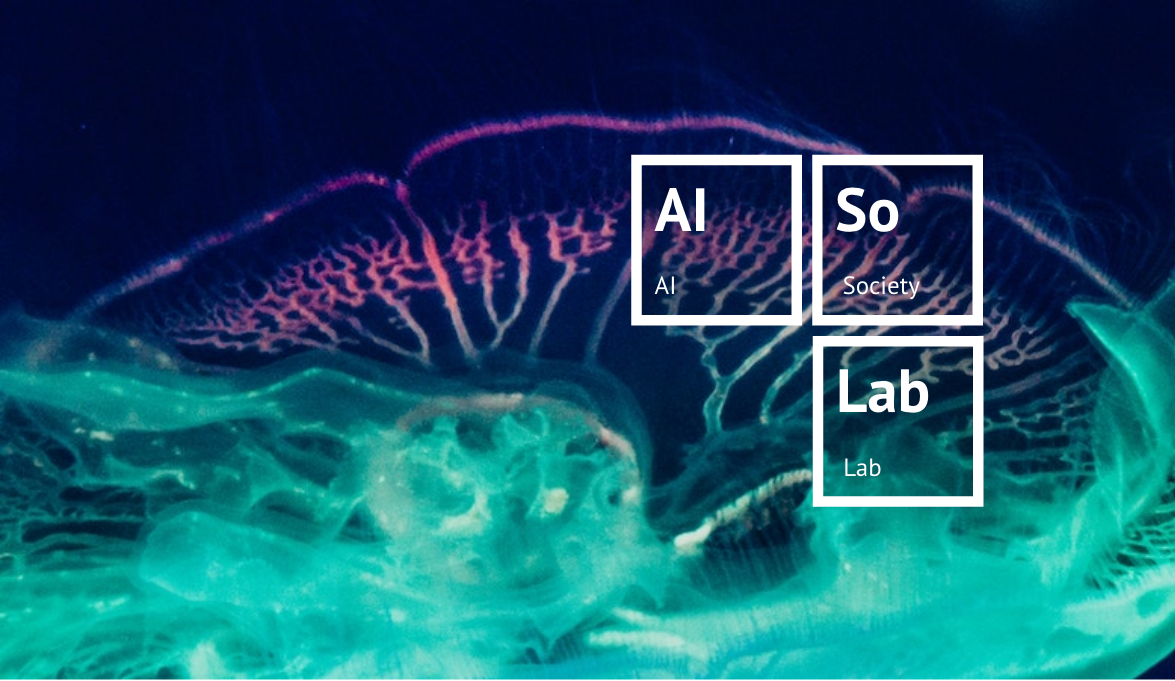
Impact AI
Evaluating the impact of AI for sustainability and public interest
Artificial intelligence (AI) presents significant opportunities to advance sustainability and serve the public interest. It can, for instance, assist in monitoring biodiversity, clearing the seabed of waste, and tracking carbon emissions. However, these promising capabilities come with challenges, including high energy and resource consumption. While AI holds great potential, fundamental questions remain: How sustainable are these systems? And how can their societal benefits be effectively assessed?
The research project Impact AI: Evaluating the social impact of AI systems for sustainability and the public interest addresses these questions. It examines AI projects oriented towards the public interest with a focus on sustainability and develops a transdisciplinary auditing method to evaluate their contribution to societal transformation and ecological sustainability. The goal is not only to make the social impact of AI systems measurable but also to identify concrete actions for their responsible use.
To bridge scientific analysis with practical applicability, the evaluation method developed will be made publicly available. This ensures that both trained experts and organisations can directly foster the auditing method. In this way, Impact AI contributes to strengthening the sustainable use of AI systems and enabling informed decisions for technologies that serve the public interest.
Project Goals and AI Case Studies
To thoroughly evaluate the societal and ecological impacts of AI projects, the research project analyses 15 case studies from various application areas. These case studies are used to test the developed evaluation method. The aim is to generate key insights that help strengthen successful strategies for the public-interest-oriented use of AI. The project combines scientific methods with practical applicability.
 | Development of an auditing method: In collaboration with partner organisations, a model tailored specifically to AI projects in the areas of sustainability and public interest is being developed. It combines measurable criteria with assessments of the ethical and social aspects of AI systems. |
 | Practical application: Organisations deploying AI systems for the public interest will be empowered to conduct evaluations themselves or have them carried out by trained experts. |
 | Evidence-based results: The findings will be prepared for decision-makers in politics, business, and civil society, providing a solid foundation for developing sustainable and public-interest-oriented AI practices. |
Method Development
A robust evaluation method is crucial to systematically capture the potentials and strengths, as well as the weaknesses and limitations, of AI projects. The methodology follows an iterative approach and includes the following steps:
Pilot testing and further development: Three case studies are conducted annually to test the evaluation model in practice and refine it incrementally.
Transdisciplinary advisory board: A panel of experts from academia and practice supports the method’s development and oversees the evaluation process.
Projektkonsortium
The Impact AI research project is conducted by the Alexander von Humboldt Institute for Internet and Society (HIIG) in collaboration with Greenpeace and Economy for the Common Good.
HIIG takes on the coordination and scientific leadership of the project, developing the evaluation methodology in consultation with the partner organisations. Both partners contribute their expertise in sustainability and public-interest evaluation, as well as their practical experience in assessing these fields. Greenpeace brings extensive expertise in environmental and climate issues, including the evaluation of technological environmental impacts. Meanwhile, Economy for the Common Good contributes its knowledge of sustainable economic models and public-interest-oriented business evaluation.
 Lena WinterResearcher: Impact AI
Lena WinterResearcher: Impact AI Sadiem YoussefStudent assistant: Impact AI
Sadiem YoussefStudent assistant: Impact AI Theresa Züger, Dr.Lead AI & Society Lab, Project-Lead Impact AI
Theresa Züger, Dr.Lead AI & Society Lab, Project-Lead Impact AI
Funding

| Duration: | 2025 to 2029 |
| Funding: | VolkswagenStiftung as part of the Change! Fellowship programme |
Titelbild: David Clode via unsplash




